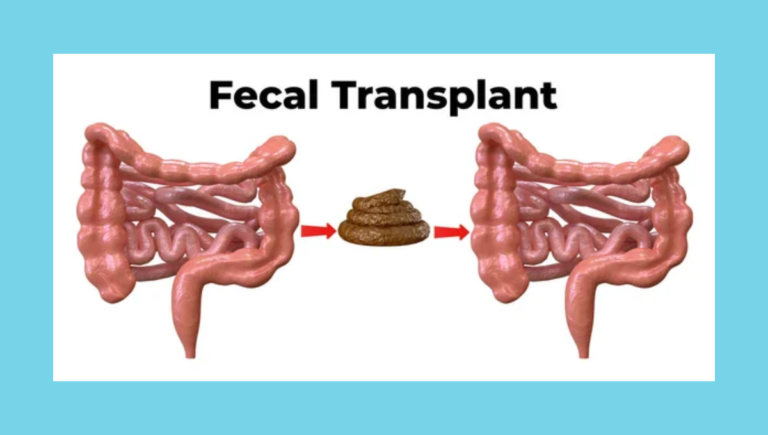Learn “5 Signs Of Overfeeding In Kids”- The World Health Organization estimated that over 340 millions children and adolescents aged 5- 19 were overweight or obese as of 2016. Overfeeding can lead to obesity in children and other health issues. Overfeeding is harmful. It’s important that kids get enough energy and nutrients to support their development and growth.
Overfeeding is a problem?
Overfeeding means giving a child too much food or more calories than they need. It can be due to many factors including parents pressuring their children to eat more or offering them large portions. Overfeeding may lead to digestive issues, weight gain and other health problems.
Five signs of overfeeding in children
Sign #1: Rapid weight increase
Rapid weight gain is one of the most obvious symptoms of overfeeding. A child’s weight gain may be unusually rapid, which could indicate that the child is eating more than necessary. A pediatrician should weigh children regularly to monitor their growth and development. If a child consistently weighs more than the 85th percentile of their age or gender, it’s time to review their diet and level of activity.
Constipation is a second sign.
Constipation can be caused by overeating. Children who do not consume enough fluids and fiber may experience difficulty passing stool. Constipation is painful for children and can lead to other health issues if not treated. Constipation can be painful and uncomfortable for kids, and if left untreated, it can lead to other health problems.
Sign #3: Frequent illness
Overfeeding children can weaken their immune systems and make them more susceptible to illnesses. It is because excessive body fat releases chemicals that cause inflammation and can reduce the body’s capacity to fight infections. A child who is constantly sick may be under- and over-nourished. To support the immune system, parents should ensure their child eats a healthy diet that includes fruits, vegetables and lean protein.
Sign #4: Picky eating and poor appetite
Overfeeding is not the cause of poor eating habits and a lacklustre appetite, as many people believe. Children who are overfed may lose the ability to regulate hunger and fullness. Overeating can cause a vicious circle of poor appetite, picky eating and overeating. Parents should provide appropriate portions and let their children decide when they’re full.
Sign #5: Reduced Activity Level
Overfeeding may also reduce the level of activity in children. Children who are overweight may be more tired and feel less motivated to exercise. When children are overweight, they may feel more tired and less motivated to engage in physical activity.
It can also lead to a sedentary life style, which can exacerbate the health issues associated with excessive eating. Parents should encourage children to be active and limit sedentary activity, such as watching television or playing videogames.









+ There are no comments
Add yours